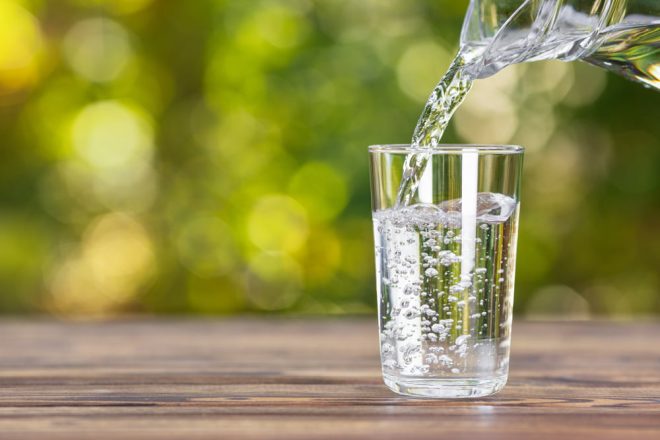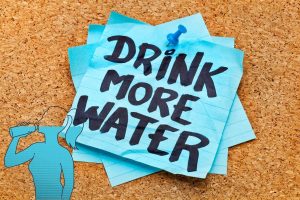
Hydration and Weight Loss
“Drinking water can help you lose weight.” You have probably heard of this statement in many circumstances. You may have seen or heard advice recommending that you drink 8 glasses in a day or drinking water before meals so as to manage your weight.
How much water do you really need to drink so as to see the results? This is the real connection between weight loss, and hydration. However, there is a lot of misinformation going around. Ranging from detox cleanses to other conflicting recommendations which can be quite confusing. You might be wondering if you are drinking too much, too little or missing out on the benefits that drinking water offers.
Any-who, let’s cut through all the noise, and get to the facts so you can start getting the right amount of water for your weight loss journey.

The Science Behind Hydration, and Weight Loss
Water is important for a well-functioning body, but how does it relate to weight loss? Here’s how hydration can impact your weight loss management:
Appetite Suppression – drinking water before meals makes one feel fuller, making one eat less, and consume fewer calories.
Sometimes, thirst is often mistaken for hunger. This is because the hypothalamus, the part of the brain which controls thirst and hunger, can send similar signals for both. This confusion often leads to unnecessary snacking, which can derail one’s weight loss efforts.
Digestive aid – hydrating ensures that the digestive system works perfectly. Water aids in breaking down food more efficiently, and supports the absorption of nutrients.
Water also keeps the digestive track lubricated, promoting regular bowel movements, and preventing constipation.
Whenever you are dehydrated, the body tries to conserve water by pulling it from the colon, which can lead to slow digestion, and constipation.
Drinking enough water keeps your digestive system on track, allowing the body to process, and eliminate waste properly. Additionally, the fibre in your diet require water to function optimally, as it expands, and helps in moving food through the digestive track.
Fat metabolism – water is essential in the breakdown of fast, a process called lipolysis. It helps produce fatty acids, and glycerol by hydrolysing triglycerides.
Exercise Performance – staying hydrated improves exercise performance. One can exercise more effectively if they are properly hydrated.
Reduced Liquid Calories – you can significantly reduce your calorie intake by choosing water over sugary drinks.
Overall, water plays a significant role in supporting your weight loss efforts, from helping you avoid unnecessary snacking to boosting your metabolism. Hydration is a small change that can lead to significant results over time.

Factors Affecting Water Needs
Age and Weight – large people need more water than smaller ones because they have a high body mass, and metabolic rate. Older adults may have lower water needs because of changes in body composition, and metabolism.
Level of Activity – a person that’s physically active needs extra water to replace fluids lost through sweat.
Climate – Hot, humid environments lead to increased fluid loss. So, if you are living in a warm climate or just visiting, you need to increase your water intake. High altitudes also increase fluid loss because of increased respiration rates.
Health Status – Some health conditions affect hydration needs. For instance, vomiting, fever, diarrhoea, and vomiting often lead to rapid fluid loss, requiring more water consumption.
People with kidney issues or those on specific medical needs may need to adjust their water intake.
Pregnancy, and Breastfeeding – pregnant and breasting women require more fluids to support their bodily needs, and their babies.
Keep in mind that water is not the only source of hydration. Other beverages, and water-rich vegetables and fruits also contribute to daily fluid intake.
Pay attention to your body’s signals, and adjust your water intake based on how you are feeling. Some signs of dehydration include; dark urine, dry mouth, and headaches. On the other hand, over hydration can cause bloating, nausea, and confusion.
